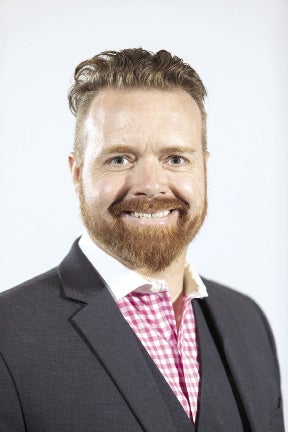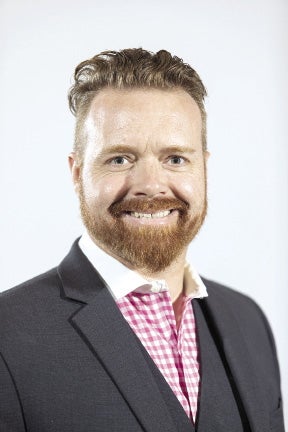People not reading anything more than just the headline has been a longstanding problem in journalism.
Get Instant Access to This Article
Subscribe to Worcester Business Journal and get immediate access to all of our subscriber-only content and much more.
- Critical Central Massachusetts business news updated daily.
- Immediate access to all subscriber-only content on our website.
- Bi-weekly print or digital editions of our award-winning publication.
- Special bonus issues like the WBJ Book of Lists.
- Exclusive ticket prize draws for our in-person events.
Click here to purchase a paywall bypass link for this article.
For this edition, Staff Writer Mica Kanner-Mascolo researched how the closure of the Nashoba Valley Medical Center hospital in Ayer would affect the community and the healthcare industry, resulting in the story “The impact of a hospital closure”. As part of her research, Kanner-Mascolo interviewed Dr. Eric Dickson, president and CEO of UMass Memorial Health in Worcester.

While Dickson said the region’s largest hospital system wasn’t in a position to take over the struggling facility, he did say – if the worst-case (and most likely) scenario happened and Nashoba Valley closed – maybe UMass Memorial could do something to provide a degree of healthcare services, such as setting up an urgent care or skilled nursing facility inside the closed hospital. Dickson was simply floating ideas on ways to help.
I found Dickson’s input for this story to be endlessly interesting and indicative of the place healthcare officials are now in: They want to help, but their organization’s own struggles prevent them from giving everybody everything they want. I pushed Kanner-Mascolo to publish a shorter web-first story to WBJournal.com on Aug. 26 outlining Dickson’s thoughts.
Predictably, the story was condemned almost immediately. The Massachusetts Nurses Association labor union put out a statement saying Dickson’s ideas were undermining the faint hopes of finding an organization to take over Nashoba Valley, and that an urgent care or a skilled nursing facility wouldn’t meet the full healthcare needs of the region. Clearly, no one at MNA had bothered to read the part saying these ideas were merely being floated in case the hospital closed, which was the first sentence of the story. I’m told UMass Memorial received a number of messages as well, which only further proved to me no one was reading anything beyond the headline. I even modified the headline to make it clear these ideas were preliminary.
People not reading anything more than just the headline has been a longstanding problem in journalism. On one hand, I get it: I scan headlines, too, before deciding which stories to read. No one is going to read every word of every story. However, I don’t form strong, angry opinions and make statements of condemnation based solely on what I read in a headline. The details in a story are important.
Before we react to something, we should understand it first.

